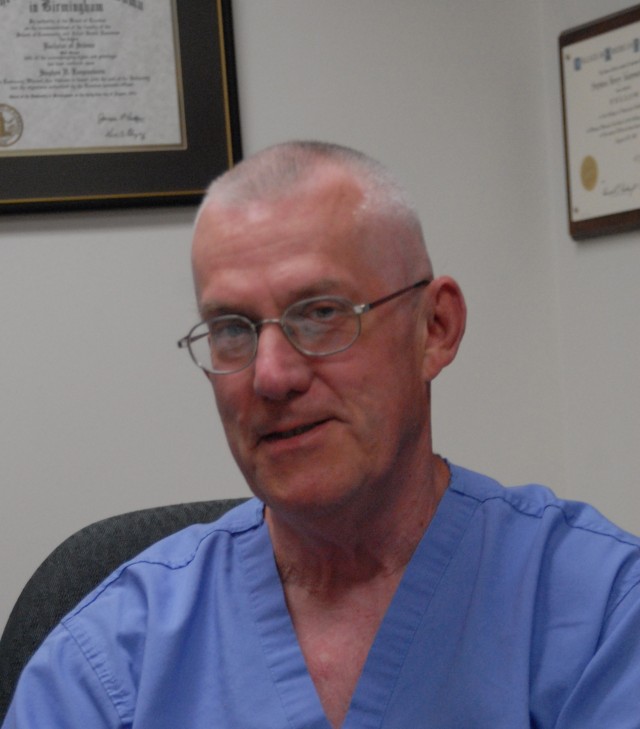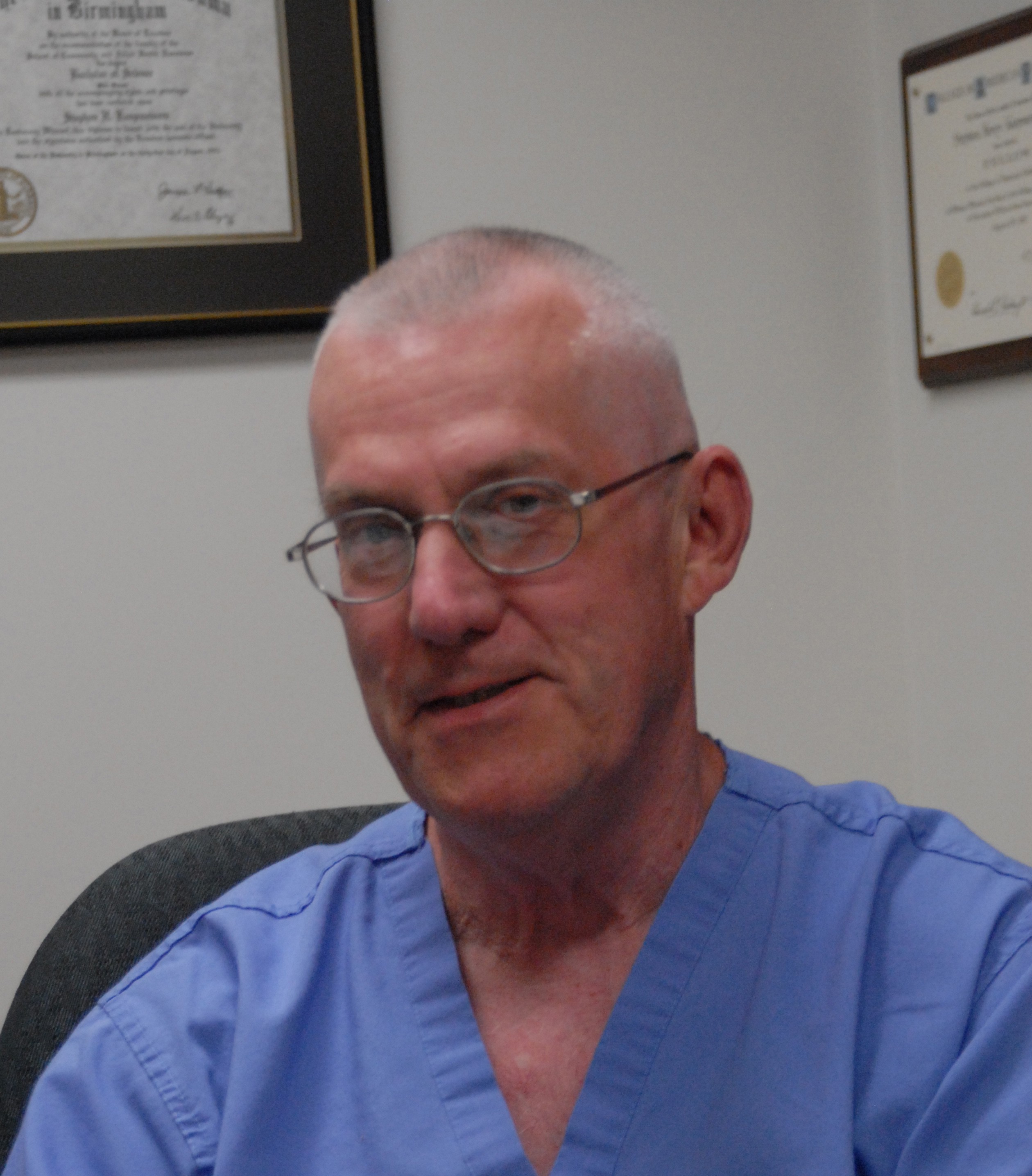In 1969, a first-class stamp cost 6 cents, a gallon of gas was 35 cents, and Richard Nixon was president.
The U.S. was at war in Vietnam and Stephen Koopmeiners was a young lab technician working at Fort Knox's Ireland Army Community Hospital. Anticipating that he would be drafted soon after high school graduation, he had enlisted in the Army in hopes of exerting some control over his career field.
"I didn't have many other options then," now-Col. Koopmeiners said. "My father died and my family had no money. I knew I either had to go to the Army or go to college, but we couldn't afford college."
Returning from leave, then-Pvt. Koopmeiners was told to check the hospital's bulletin board where the deployment orders were posted each month. His name was on the list, so he borrowed a car in order to clear the installation quickly, returned home to a small town in Minnesota to tell his mother good-bye, then returned to Fort Knox. He boarded a bus for the Louisville airport, flew to New Jersey. He boarded another plane to Oakland, Calif., then the staging area for Soldiers headed to Vietnam and other areas of the Pacific.
"You were on your own," he recalled.
Upon arrival in Vietnam, Koopmeiners was assigned to a small hospital.
"It was basically a group of Quonset huts on a pile of sand," he said.
He completed his tour and flew back to Oakland, Calif. at 2 a.m., wearing his jungle fatigues and carrying all his possessions in a small bag.
"I was fitted for a class A uniform, patches were sewn on, trousers hemmed, all while waiting at the airport," he explained. "It was quite an assembly line. I didn't have any trouble (with war protesters) given the wee hours of the morning, but in general, you didn't wear your uniform in public if you had another option. There was no point in asking for trouble; why be foolish'"
Like two-thirds of Vietnam veterans, Col. Koopermeiners said he just did his duty and would do it again if asked.
"Most of us weren't ashamed of what we did; our country called us and we went," he said. "For my family, there was no money and the Army provided an opportunity to get an education."
The G.I. Bill provided the funds for the doctor's undergrad degree, then he received an Army scholarship to pursue his medical degree.
"I don't know if I could have done it without the G.I. Bill," he said.
Because he enlisted at 17, he left the Army at the age of 20 to pursue his education.
"By the age of 20 I had a little more maturity and knew I didn't want to squander my G.I. money, so I studied hard," he explained.
Completing his medical degree, Dr. Koopmeiners served in the Army to satisfy the service requirements of his scholarship. He left the Army when his sons were approaching middle school age to provide them with the stability of living in one place during their secondary education. After his children were grown, Dr. Koopmeiners returned to the Army and now is Ireland's chief of pathology and area laboratory services.
While he is proud of his service, Dr. Koopmeiners said he had not talked about his Vietnam experience in the 35-year interim.
"It's hard to talk about, and I would talk with someone who has been there much differently than I can talk with (a reporter)," he said quietly. "I wasn't treated like Soldiers are today."
After a long pause, he simply stated, "It was different."
He said that he didn't want to sound bitter or resentful but repeated, "It was different.
"I have good memories of Vietnam; the people I met, the friends I made. The response from folks was the only negative part. And that wasn't in Kentucky, either. Kentucky has always been good to veterans."


Social Sharing